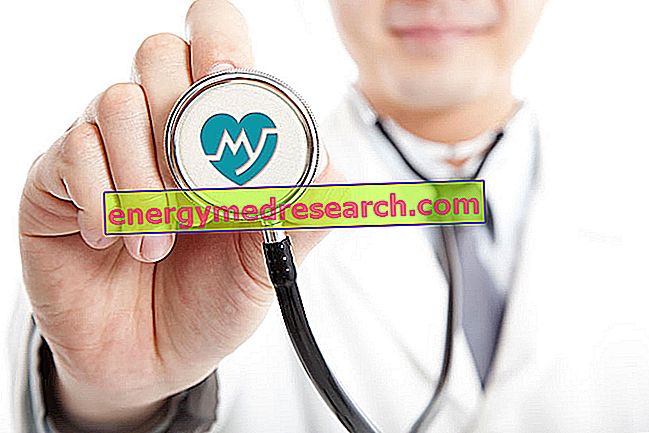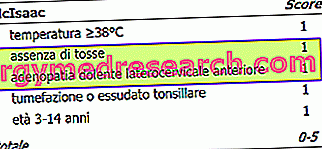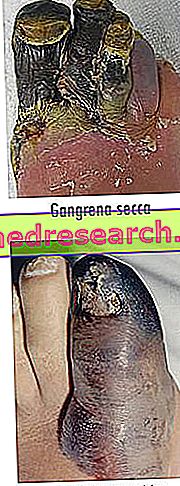Definition
Echinococcosis (or hydatidosis) is a parasitic infectious disease caused by the larvae of various species of helminth cestodes, belonging to the genus Echinococcus . The main causative agents are, in particular, flatworms such as Echinococcus granulosus and E. multilocularis.
Echinococcus granulosus is widespread in sheep farming areas. The cycle of this parasite responsible for echinococcosis is maintained in nature between canids (definitive hosts) and various species of animals, including sheep, goats, horses, deer, cattle and others (intermediate hosts).
E. multilocularis, on the other hand, are found among foxes and small wild rodents. Infected dogs are the main occasional infestation vehicle for humans: the eggs of the parasite can be present on the hair of the animals or in their feces. Therefore, the man can become infected with the ingestion of water and contaminated food, bringing his hands dirty with earth to the mouth or for a close contact with dogs carrying the parasite.
Once ingested, the eggs reach the intestine, where they hatch. Once leaked, the larvae penetrate the intestinal wall, migrate through the portal venous route or the lymphatic pathway and nest in the liver or lungs (less frequently in the brain, bone or other organs). At the beginning, the presence of the parasite causes the formation of an inflammatory granuloma, which slowly evolves into cysts or masses of considerable size. The larvae of E. granulosus, in particular, develop in the form of large lesions with liquid content (hydatid cysts). E. multilocularis, on the other hand, produces spongy masses, locally invasive and difficult to treat.
The symptoms of echinococcosis, therefore, depend on the organ involved and on the local compressive action.
Most common symptoms and signs *
- Bad digestion
- Liver cysts
- Dyspnoea
- Abdominal pain
- Chest pain
- Pain in the upper part of the abdomen
- Edema
- hemoptysis
- Hemoptysis
- Eosinophilia
- Temperature
- Shortness of breath
- Bone fractures
- Intracranial hypertension
- Portal hypertension
- Jaundice
- Solitary pulmonary nodule
- Urticaria
- pneumothorax
- itch
- Sense of suffocation
- splenomegaly
- Cough
- Pericardial effusion
- He retched
Further indications
If there are pulmonary cysts, coughing, chest pain, dyspnoea and hemoptysis may occur.
Hepatic cysts cause pain in the upper right quadrant of the abdomen, heaviness, dyspepsia and - in the case of biliary tract obstruction - jaundice, cholestasis and portal hypertension. Furthermore, in case of spontaneous or traumatic rupture of the cystic wall, the infection can spread to the peritoneal cavity or to the lungs.
If the cysts develop at the bone level, on the other hand, they can lead to spontaneous fractures, while the cerebral localization determines symptoms following the expansive process (intracranial hypertension and focal neurological signs).
In the case of echinococcosis, allergic-type symptoms are frequent, such as fever, rash, pruritus, asthma attacks, glottis edema and severe anaphylactic reactions.
The diagnosis is based on imaging techniques (chest X-rays, computerized tomography, magnetic resonance and ultrasound), cystic fluid examination and serological tests for antibodies against the parasite in the blood.
Treatment involves surgical removal by laparoscopy or aspiration of the cyst with the instillation of a scolicidal agent (eg hypertonic saline solution). Drugs of the benzimidazole class, such as albendazole, can suppress the growth of inoperable lesions. Furthermore, they are administered before surgery to prevent metastatic infections.



